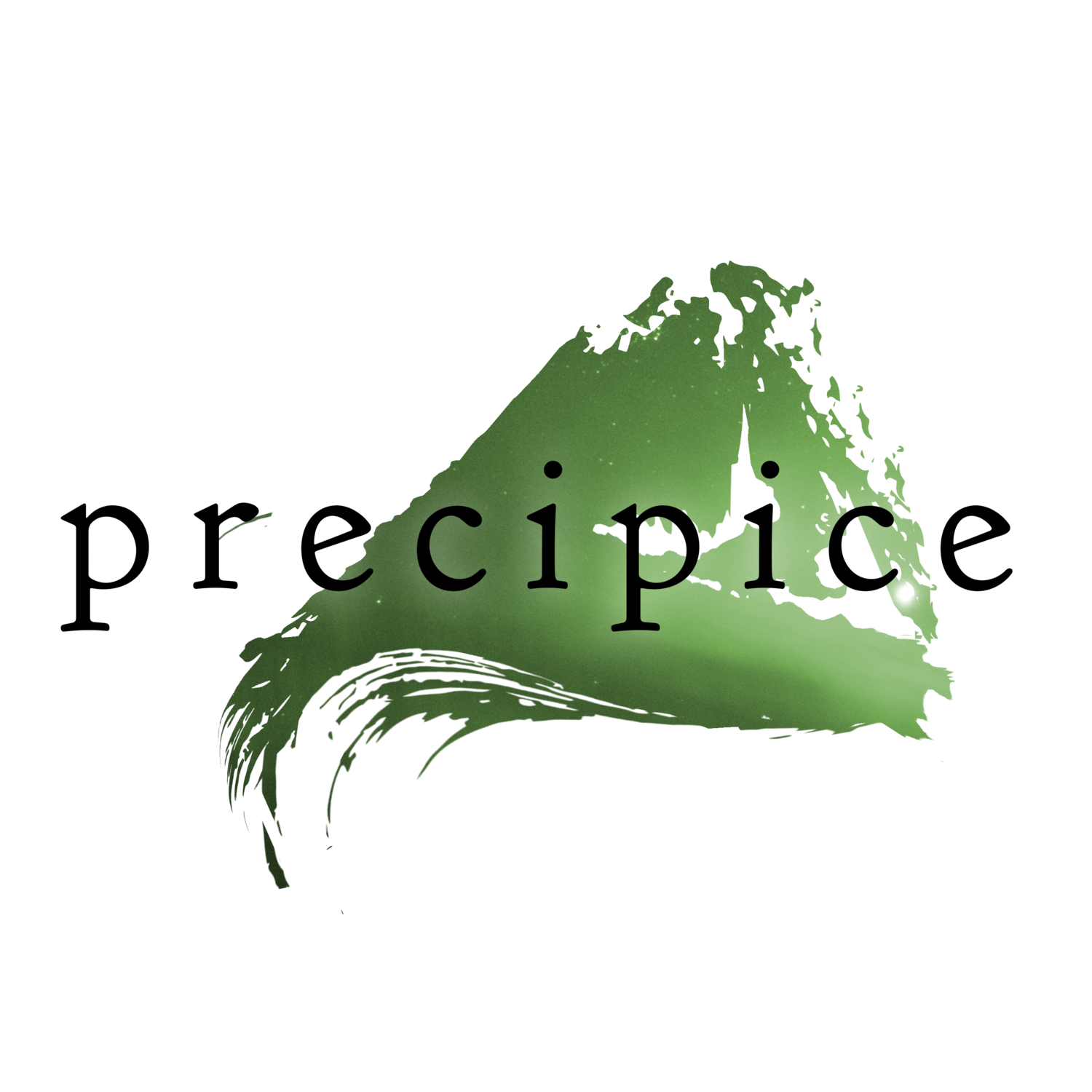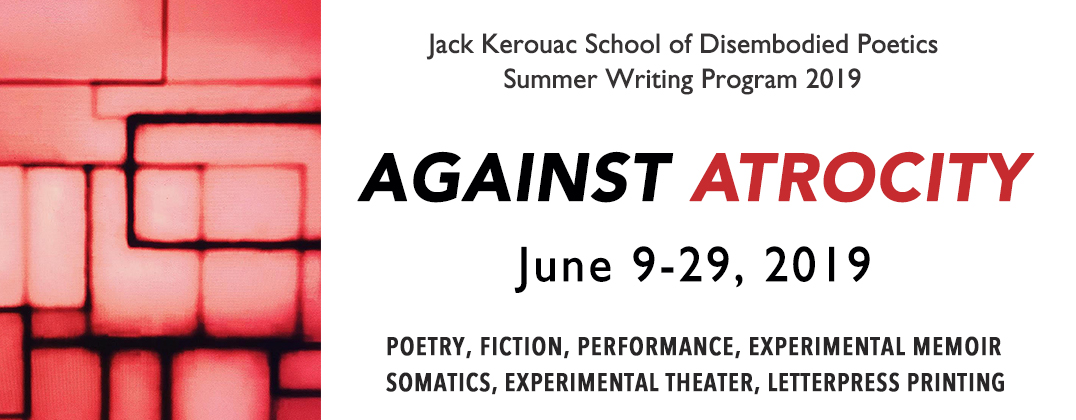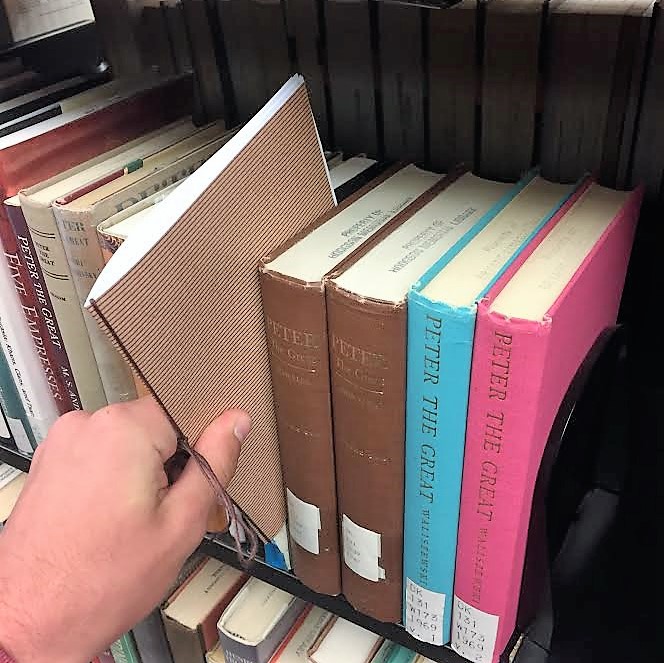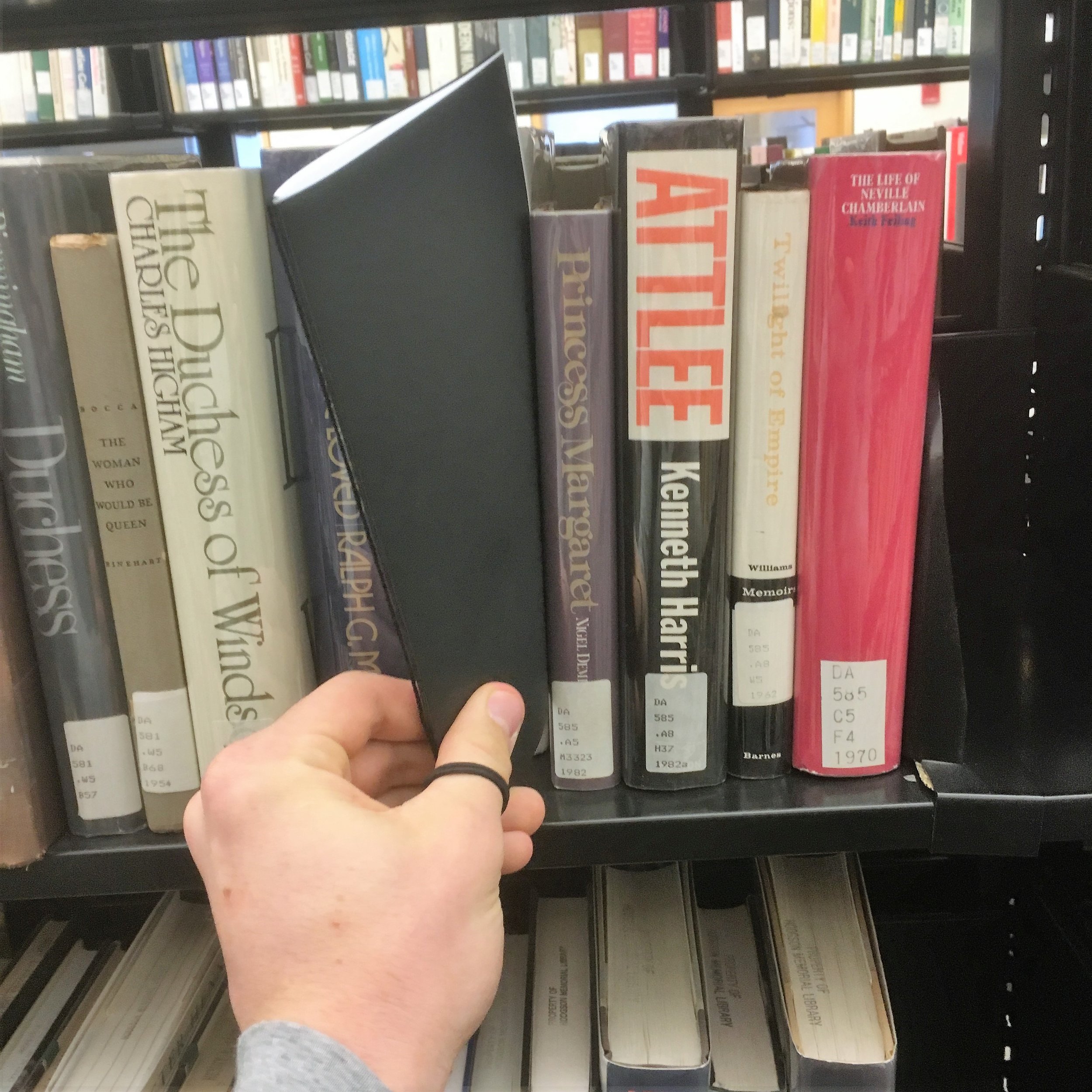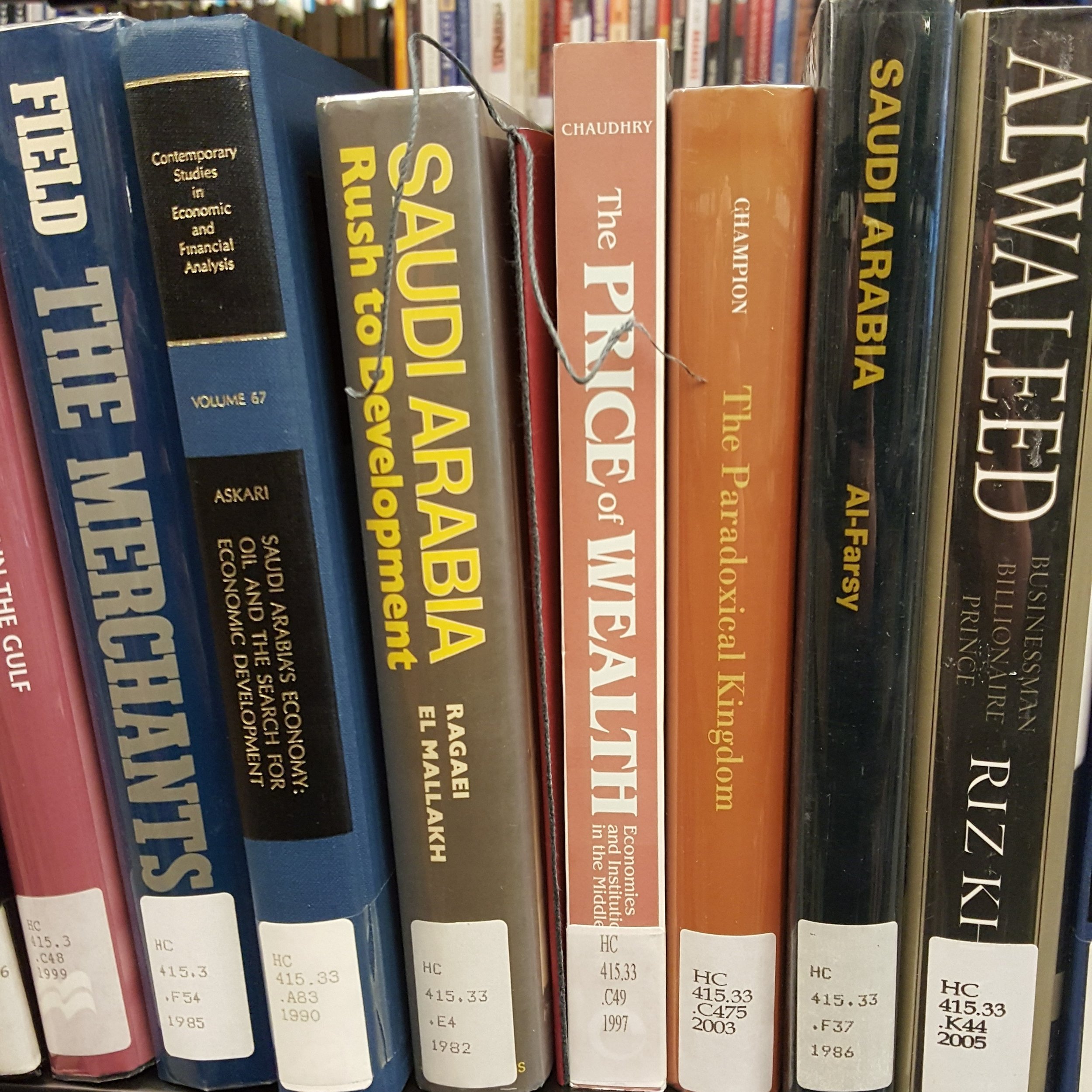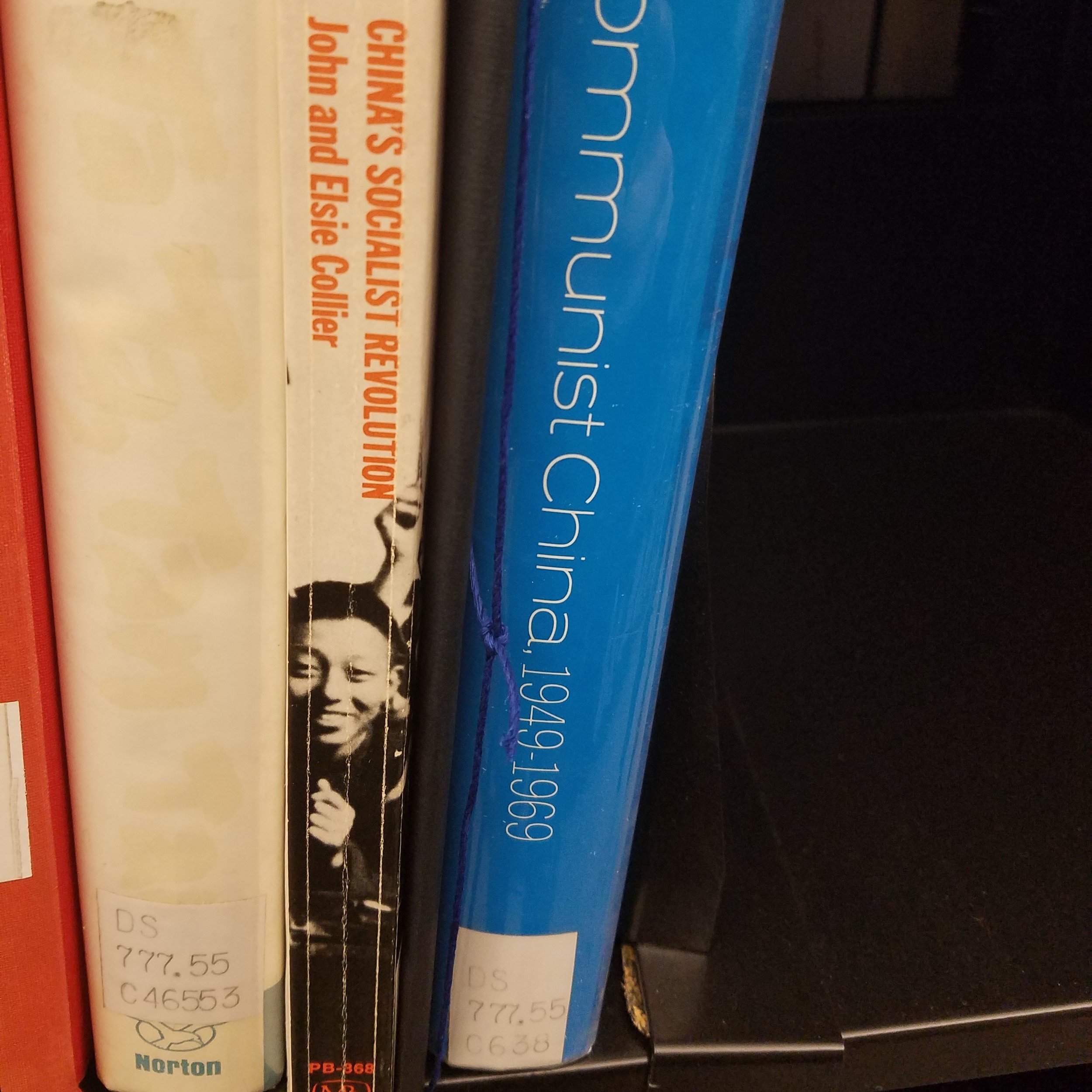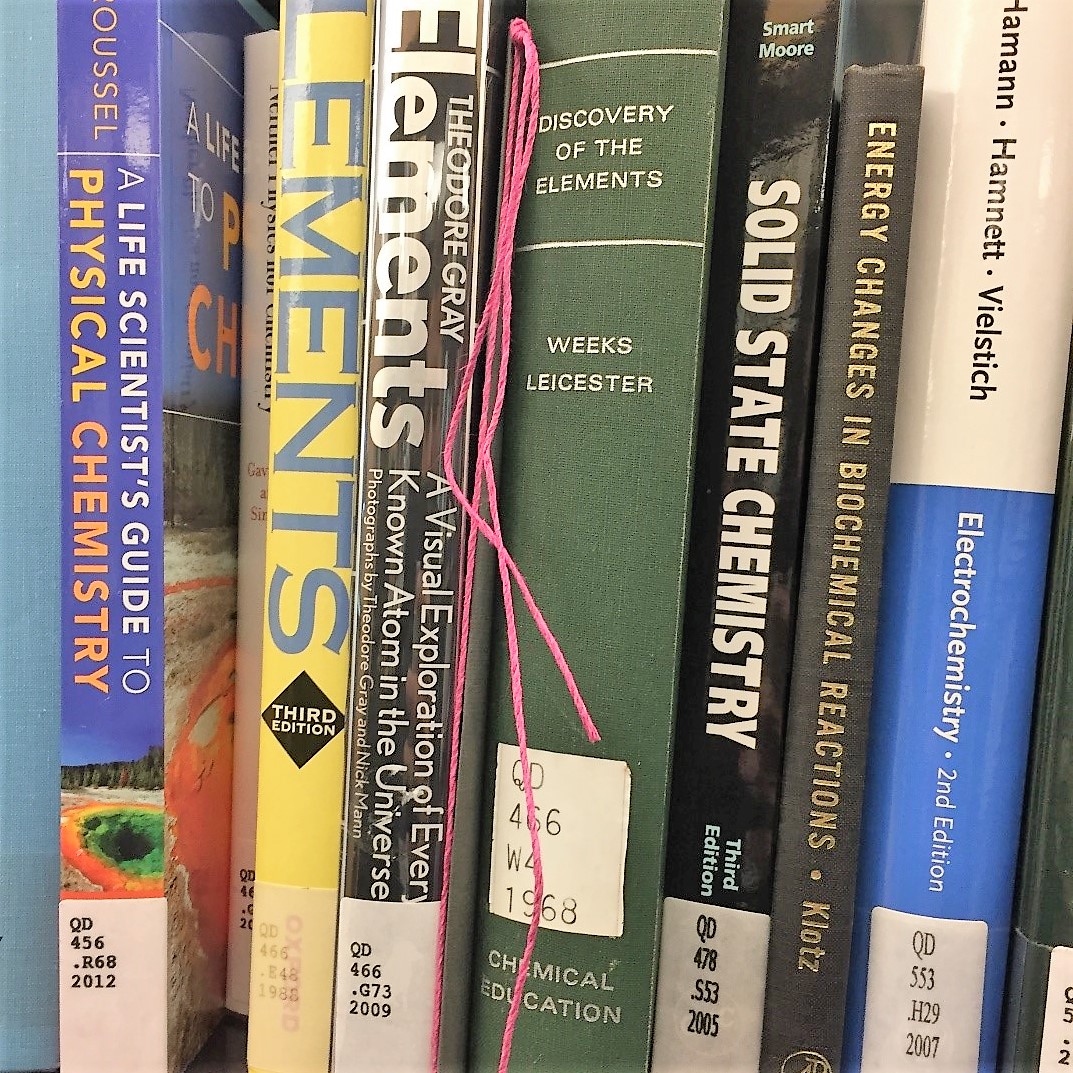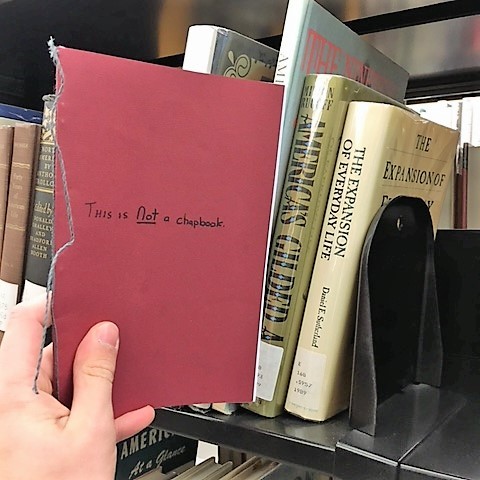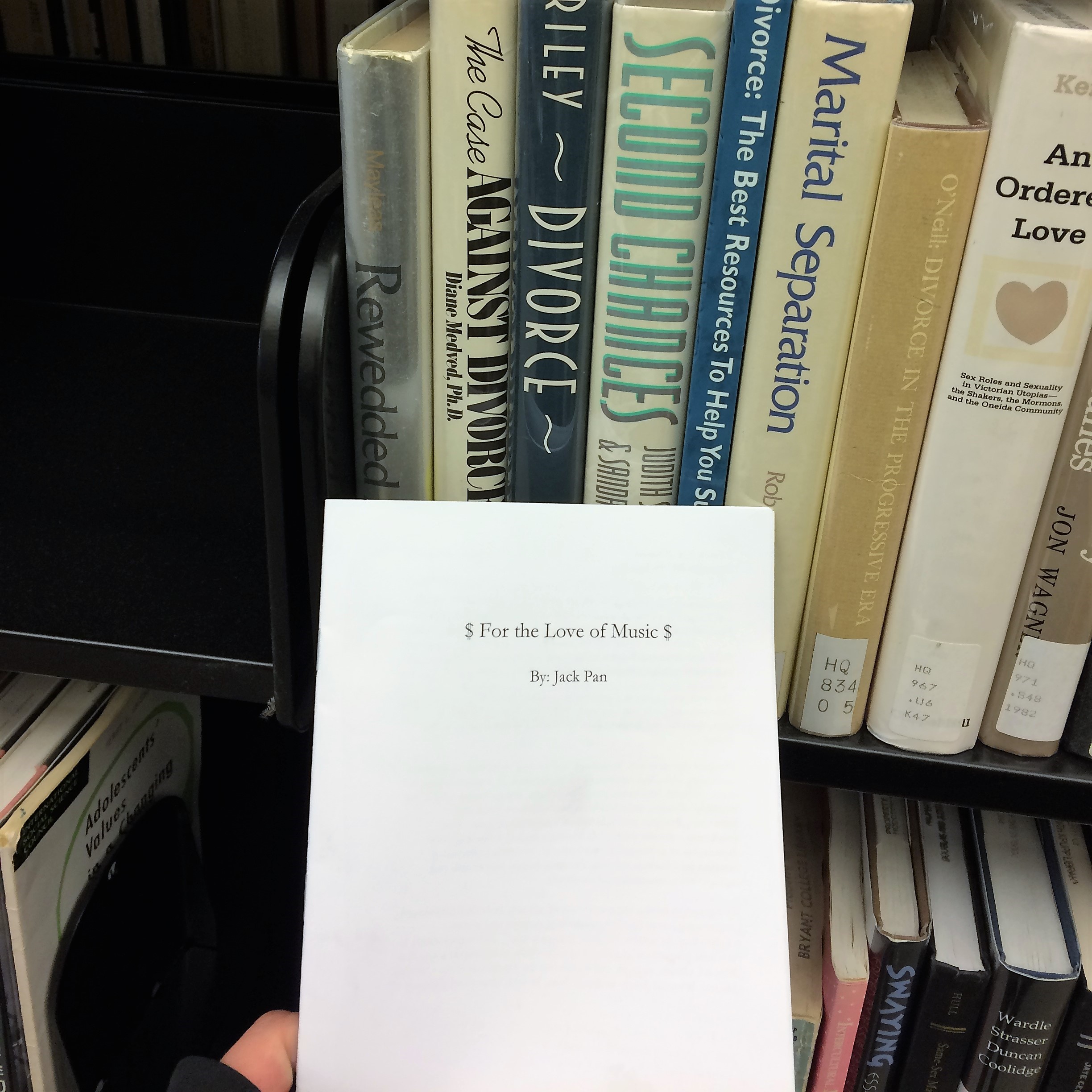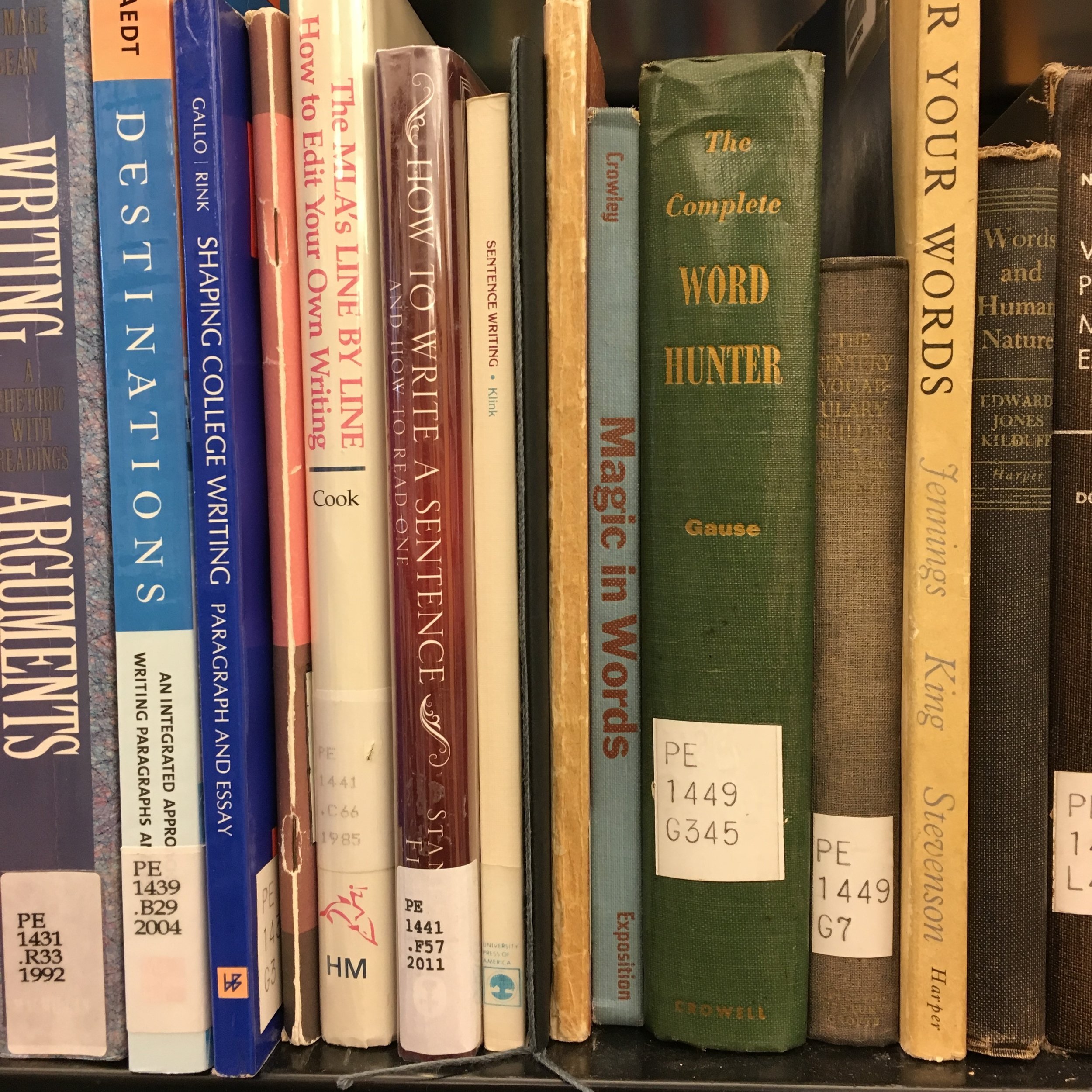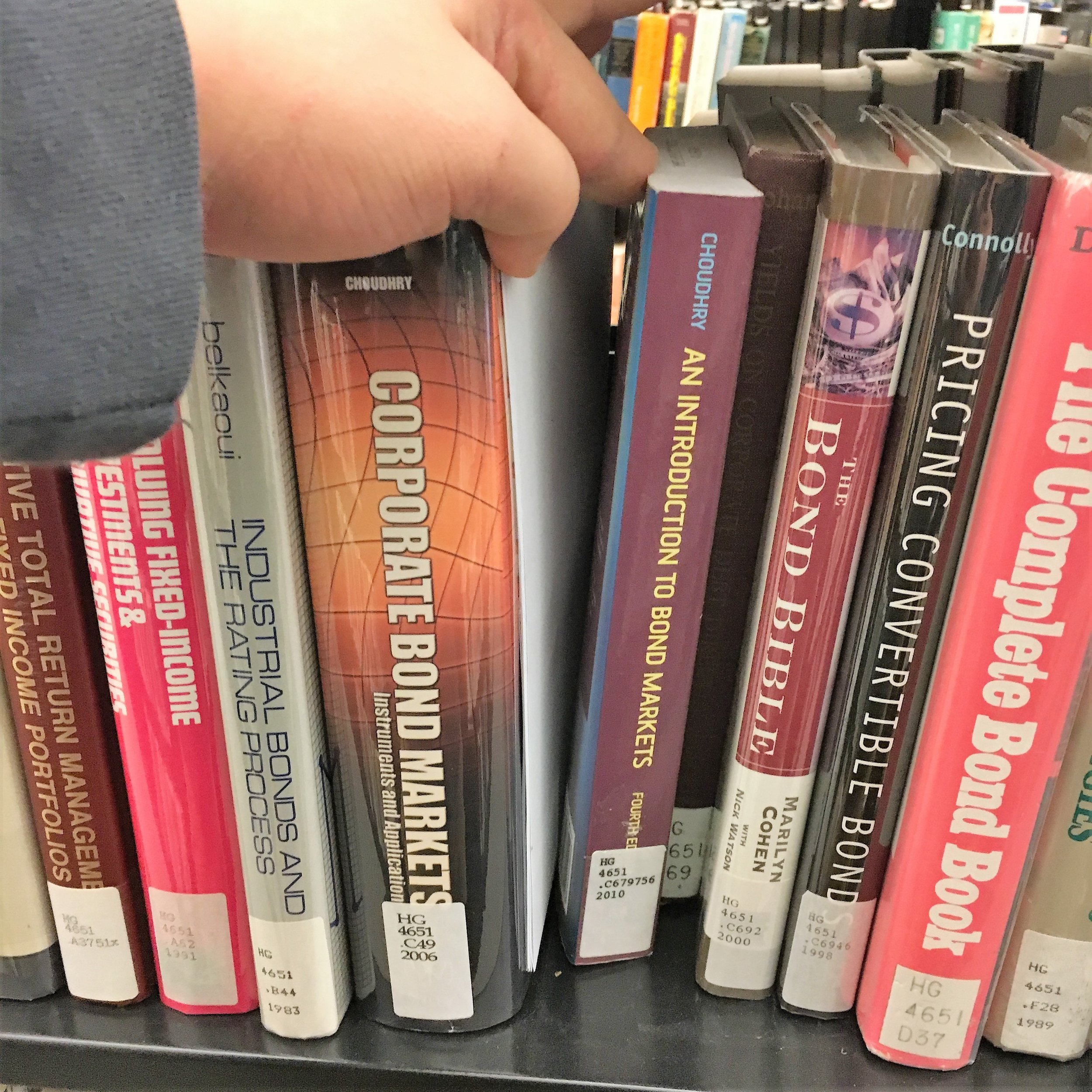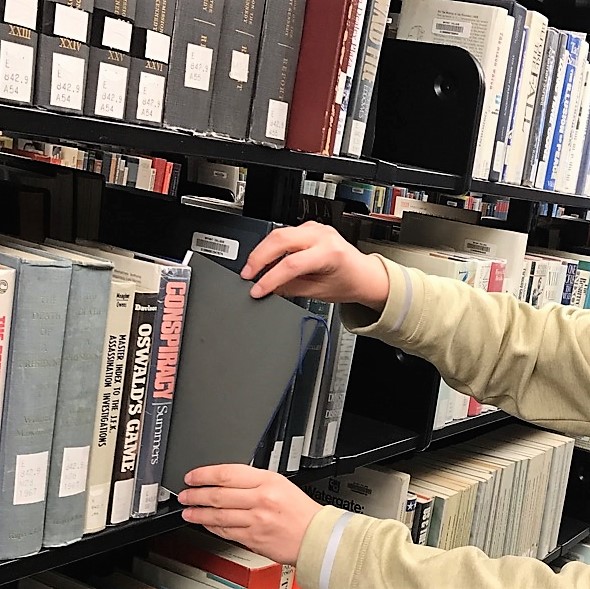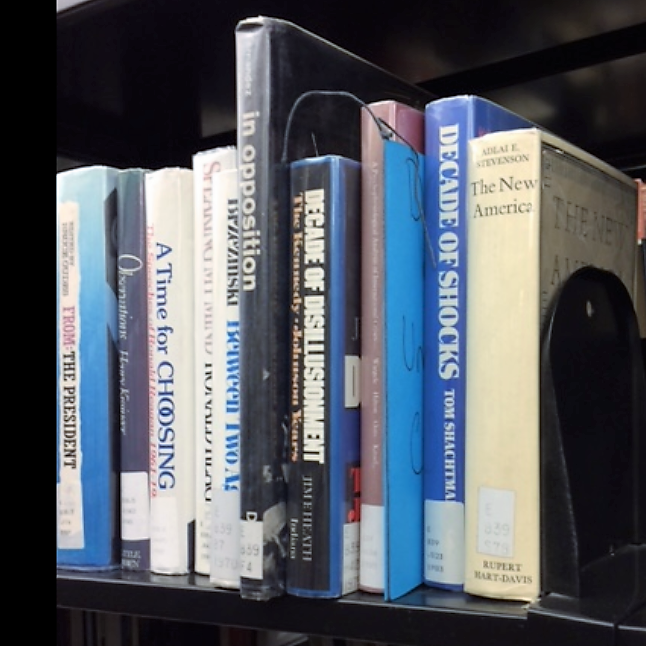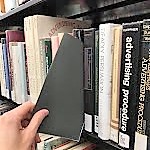Good Evening fellow outriders!
Precipice Collective has long been inspired by the JKS-SWP experience and would like to celebrate the writing, conversation, and activism that happens in this shared space. Gift Economy (an SWP 2011 coin — for the archives) is central to our publishing model. Put to practice, we would like to connect authors with writers—to meet at the face of the page—to meet each other half way…the edge. So, we are offering the JKS Disembodied Discount to SWP attendees (past and present): 50% OFF Precipice—Writing at the Edge. This anthology contains work from CA Conrad, Ronaldo V. Wilson, Jen Hofer, Laura Mullen, Petra Kuppers (20+ writers) that have shared the archives and call of Naropa.
Precipice—Writing at the Edge is an ecosomatic reader and interactive workbook including 25 readings and 25 somatic writing labs to encourage conversation at/with/of/through/on the edge. It holds contemplative space for examining atrocity—archival violence (the gap in edges), charnel ground (the fertile in destruction), ecological grief (the debt and loss in systems)—and in creating this shared site (“sites of atrocity” as defined by Kirsten Kaschock) the edge of against can be discussed, lived, shared, witnessed.
Membranes rely on gradients for change. Join us, here, in a space of action potential [shift, reach, rupture, absorb, engulf, splice, expose, suture] and manifest the charge in against.
JKS Disembodied Discount: 50% OFF Precipice: Writing at the Edge
CODE: PENPALS (all CAPS)
Read on, write on, share with us: http://www.precipice-collective.org/
